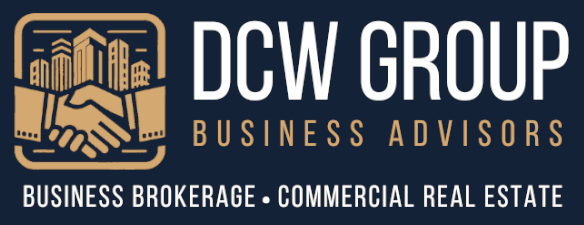
Source: BizBuySell.com 
As unemployment holds below 4%, businesses are struggling to hire and retain workers. In fact, most owners (46%) said the labor market is not improving, with 28% not operating at full staff. Most respondents (44%) blame these difficulties on a lack of applicants, followed by difficulty meeting payroll costs (29%).
Cheryl Danella, owner of Johnny Rae’s in New York, says it is a challenge to keep up with larger corporations who attract workers with higher wages and benefits. “Workplaces like McDonald’s or Dunkin’ Donuts are paying employees $18 and up per hour. That’s really hard for small businesses to compete with while trying to offer customers competitive prices for merchandise.”
While recent minimum wage increases put pressure on small businesses, many owners are finding workarounds such as hiring contractors or offshore virtual assistants. Still, in such a competitive market, 84% of owners state they are paying above the minimum wage for entry-level positions.
Higher labor costs are just another notch on an already tightened belt, explains Donna Harris, who owns Grand Pet Hotel in Arizona. “With the inflation, minimum wage increases and all prices rising, it shrinks the bottom line,” In fact, 65% of business owners say they are still feeling the impact of inflation. Validating this concern, the consumer price index increased 0.3% in December and 3.4% from a year ago.
Furthermore, wages adjusted for inflation posted a 0.2% gain on the month, while rising a modest 0.8% from a year ago. With most owners still being squeezed by high costs, many have little choice other than to raise prices, running the risk of losing customers.
“Costs have gone up in all areas which is forcing us to cut corners or pass the cost to the customer which takes us out of competition as compared to the bigger companies that can stomach the rising costs,” said Roni Banerjee, owner of Jaguar Power Sports in Florida.
Complicating matters, the Federal Reserve’s primary tool to fight inflation is yet another thorn in the side of many business owners. Over half (56%) of small business owners say high interest rates are negatively impacting their business. With interest rates surging to their highest level since 2002, many owners feel credit is too expensive to consider using for growth projects, such as investing in new equipment or construction.
David G Kiernan, owner of Xtreme Laundry in Pennsylvania, adds, “As a laundry owner and future investor of more, we operate a highly capital-intensive environment. Rates have all but eliminated most investments.”
Additionally, higher rates have impacted small business revenue, as consumers are more thrifty and less likely to splurge on luxury or unessential items as they spend more at the gas pump and grocery store.
“It’s getting more and more expensive. I have raised my prices three times since I started in 2022 and I still am offering a luxury business at discount prices because I know how rough it is out there,” said Kristin Deckers, owner of Sweet Ps Grooming LLC in Washington.



